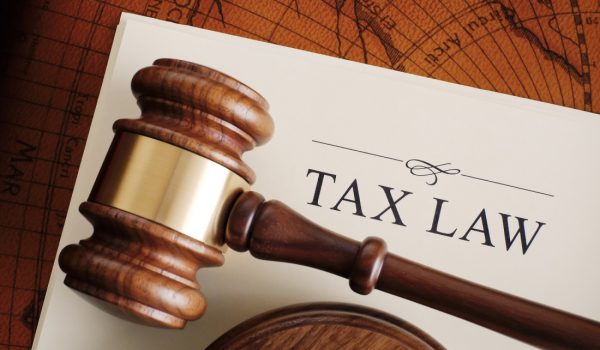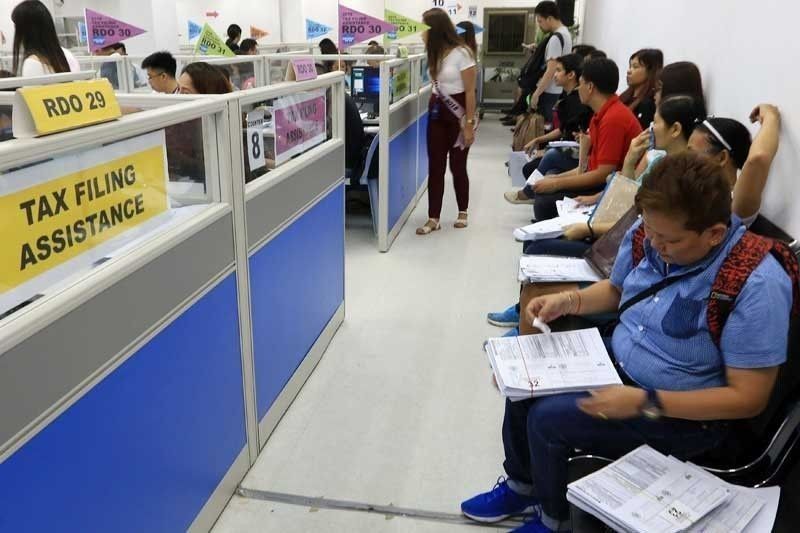
Having even surface knowledge about the different taxes in the Philippines can go a long way. Here are the other taxes in the Philippines.
Types of taxes in the Philippines
There are two types of taxes in the Philippines, national and local taxes. National taxes refer to mandatory contributions under the National Internal Revenue Code of 1997. On the other hand, local taxes are imposed by the local government of an area under the Local Government Code of 1991.
Taxes under Philippine national taxes

Estate tax
An estate tax is charged when a real estate owner passes away, and their lawful beneficiaries decide to transfer land titles to their name at the owner’s time of death. Real estate titles would not be transferred to the heirs unless estate tax is paid.
For example, if your father decided to transfer his Greta house and lot from Camella once he passes away, you would need to pay estate tax before transferring the title.
Documentary stamp tax
Documentary tax is a tax imposed on contracts, agreements, certificates, acceptance, sale, assignment, and other legal documents to prove that a transaction between two parties occurred.
Percentage tax
Percentage tax is a business tax imposed on business owners who sell or lease goods, services, properties, or services that are not VAT-registered and has a minimum yearly gross sale of PHP 550,000.
Capital gains tax
Capital gains tax is imposed on a seller or a business when they sell a valuable asset like jewelry, stocks, properties, and other goods considered capital assets or items of high value.
Income tax
Income tax is imposed on individuals from their source of living, whether it’s a profession, business, trade, or property. A person’s income tax is different depending on their income bracket.
Withholding tax
The amount withheld from an employee’s wage and paid directly to the government for the employee’s partial income tax is referred to as withholding tax.
Value Added Tax (VAT)
VAT is a business tax imposed on sellers and vendors upon sale of goods, importation, sale of properties, or lease of goods. VAT is considered an indirect tax, and everyone indirectly pays for VAT every time they purchase anything in a retail store.
Excise tax
Just like VAT, an excise tax is an indirect tax. Excise tax is imposed on goods and products under the Tax Reform for Acceleration and Inclusion Law. These products include tobacco, liquor, or any drink with added sugars.
Donor’s tax
Donor’s tax is imposed on a gift, donation, or any free-of-charge transfer from benefactor to recipients. There are times when the BIR does not charge a donor’s tax on a donation, especially when these are donations for victims of calamities.
Taxes under Philippine local taxes

Franchise tax
The franchise tax is a tax imposed on franchise businesses. Franchise taxes have a minimum of 50% rate of the 1% of the total annual gross for the current year of a franchise-operated.
Basic real property tax
Real property tax is a tax imposed on agricultural, commercial, industrial, mineral, and residential properties. The primary real property tax prescribed in the Philippines is 2% for cities and municipalities within Metro Manila and 1% outside Metro Manila.
Sand, gravel, and other quarry resources tax
LGUs can only charge up to 10% of the fair market value per cubic meter of quarry resources like gravel, sand, common stones, earth, and sand taken from public lands or waters.
Business of printing and publication tax
When they are published or printed, these taxes are also taken out of books, posters, pamphlets, cards, tarps, and other printed items.
Annual fixed tax for delivery trucks and vans
This tax is imposed on every vehicle that delivers distilled spirits, fermented liquor, food, cosmetics, tobacco, and other products from manufacturers directly or indirectly from the province. Under the law, the annual fixed tax is PHP 550.
Professional tax
This tax is imposed on lawyers, doctors, architects, or any other profession that requires a board exam or licensure from the government.
Amusement tax
This tax is imposed on films, theatrical plays, concerts, or any entertainment show. This tax is added to the price of admission and ticket price.
Community tax
Community tax is known as cedula. Any person at least 18 years of age can get a Community Tax Certificate to prove that they are a municipality resident.
Barangay tax
Small businesses like sari-sari stores with a gross sale of PHP 50,000 annually have to pay barangay tax.
Barangay clearance
This document from the barangay is legal proof that you are allowed to do something or start a business in a certain barangay. Generally, it is also used as proof of identity when dealing with the government or getting a job.
Why are Taxes Needed?

Taxes are the primary source of revenue for the Philippine government. Taxes are spent on infrastructure projects, public services, welfare programs, services, and as budget of different departments of government. As citizens, we have to pay our taxes to help our nation and its development.

Check out our Properties in the Philippines
Check out our catalog of house and lot and condo for sale in the Philipines!


